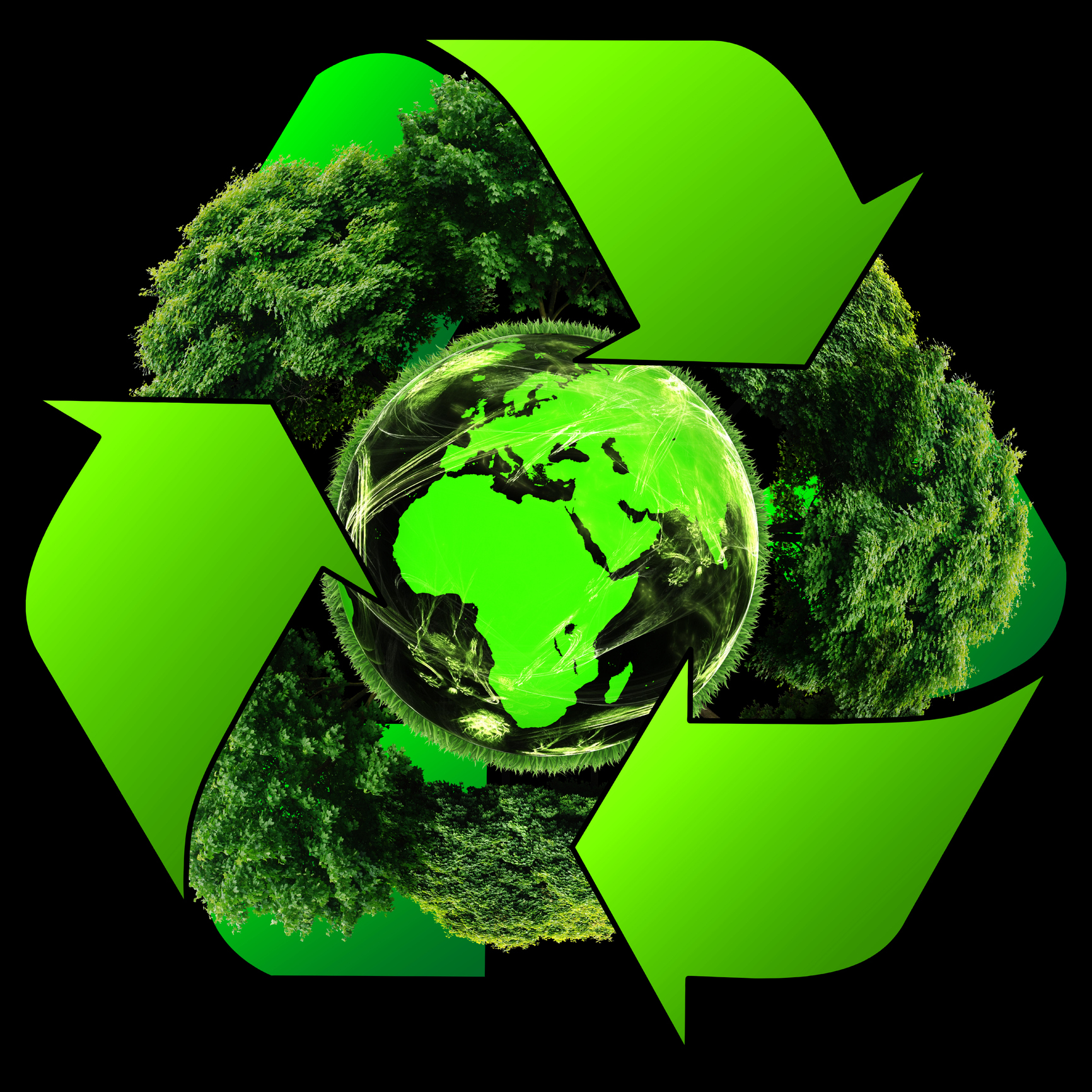The food industry faces a major challenge: how to produce more efficiently, reduce waste and ensure healthier food. To meet this challenge, an ambitious new project has been launched in Estonia – the Food Innovation Technology Infrastructure or “TOIT”.
“TOIT” brings together eight partners – the Estonian University of Life Sciences, the University of Tartu, Tallinn University of Technology, Tallinn University, the Centre for Rural Life Sciences, Metrosert, BioCC OÜ and the Food and Fermentation Technology Development Centre AS (TFTAK) – with the aim of promoting food-related technologies that make food production more efficient and healthier. Particular emphasis will be placed on the reprocessing of food waste and the role of micro-organisms.
A key part of the project is Metrosert, which will provide industrial scaling capabilities in biorefining as part of the consortium. This means that Metrosert will help turn innovative technologies developed in laboratories into reality on an industrial scale. This is important because it is often behind the scaling-up that promising scientific discoveries are made.
“Our aim is to support companies in piloting and scaling up new technologies so that they eventually reach real production,” explains Kaupo Reede, head of biorefining at Metrosert’s Applied Research Center, one of the consortium leaders. He added that Metrosert wants the consortium to offer industrial scale-up capabilities in biorefining, which are currently completely lacking in Estonia.
Reede noted that several universities and private research and development institutions are involved in research-intensive development activities in the food sector in Estonia. “When resources are limited, what usually happens is that resources are dispersed and competitiveness is reduced. This is why the TOIT consortium has been set up, so that the different consortium members can focus on their core competences and create synergies together. Ultimately, it does not matter to the customer who provides the service. The main thing is that it is of high quality and helps the company to be competitive with its products on international markets.”
The “TOIT” project focuses on more efficient use of food raw materials. Today, on average, up to 40% of the food produced goes to waste. “Looking at it through the eyes of a chemist, the composition of this surplus is no worse than what we eat every day,” TOIT leader Toonika Rinken told Postimees newspaper. This is why they are looking for ways to extract functional compounds such as proteins, fats, carbohydrates and micronutrients from leftovers to create new functional foods.
The reprocessing of food waste will help reduce pressure on the environment and functional foods will contribute to public health. New technologies will enable companies to create innovative products that increase the competitiveness of the food industry.
“TOIT is planned as a five-year project, but the aim is to make it sustainable and to expand internationally. The project is also open to companies willing to experiment with new production technologies. “The TOIT infrastructure creates an opportunity to take research to the next level by linking different disciplines and approaches,” said TOIT leader Toonika Rinken.
